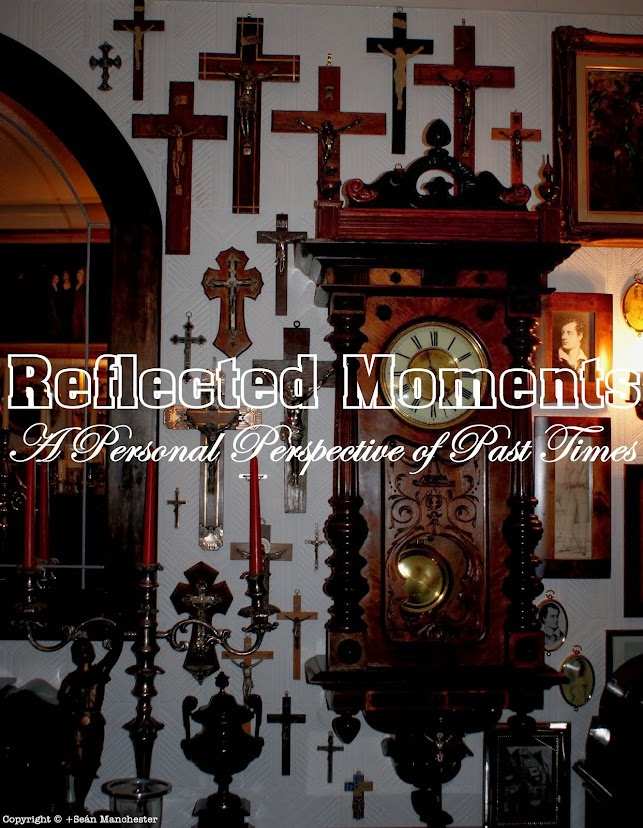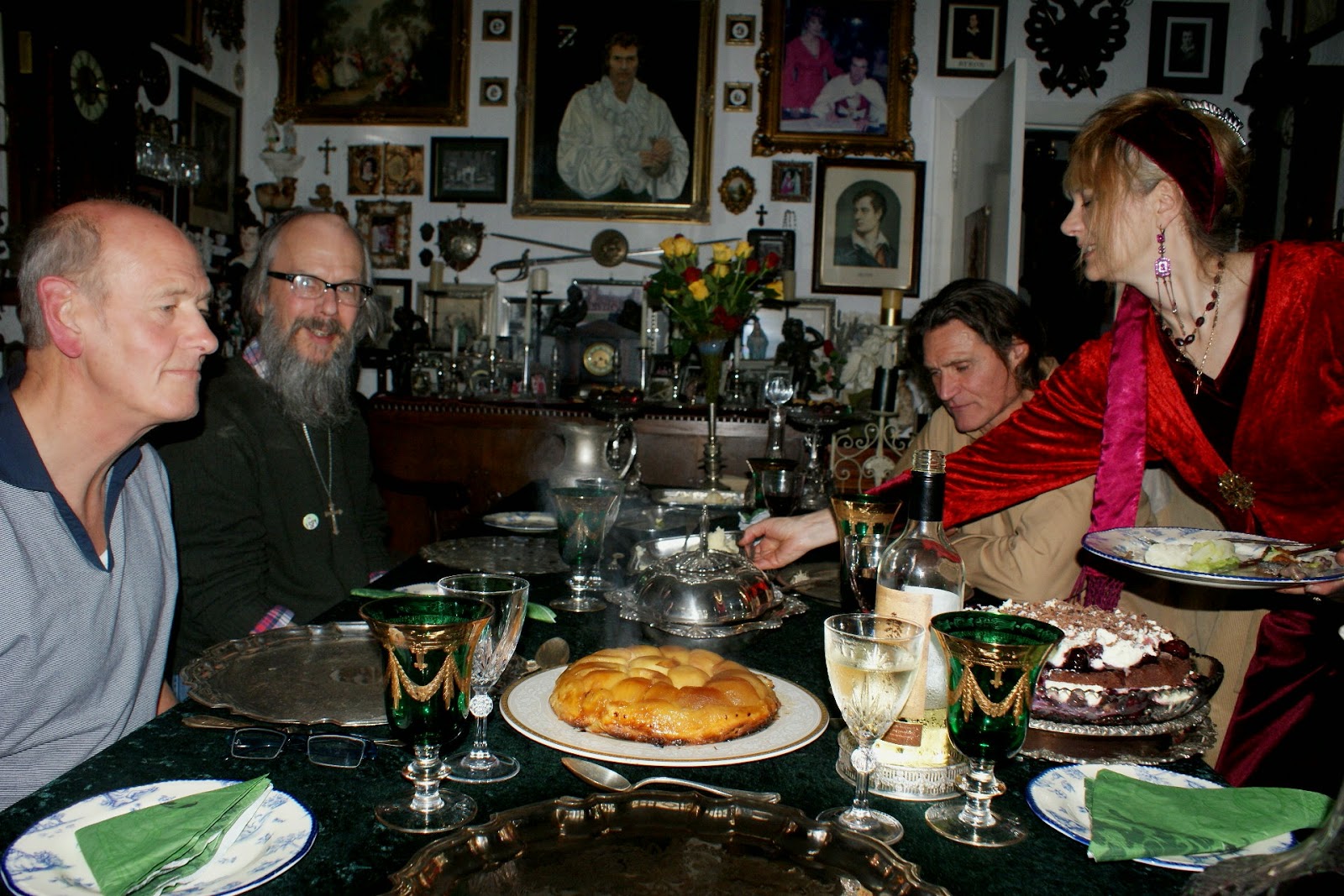"If thou regrett'st thy youth, why live?"
~ Byron
For much of their lives together, Percy Bysshe Shelley and Mary Shelley were accompanied by Mary’s stepsister Claire Clairmont (1789–1879). In 1816, Claire had a brief affair with Lord Byron, the most celebrated poet of the day. At the time, Byron was suffering from the recent failure of his marriage and was about to leave England for good. Later that year, Claire introduced Shelley to Byron in Geneva, and the two poets struck up an immediate friendship. Byron’s fame contrasted with that of Shelley, whose reputation grew only after his death. Indeed, in many ways the two were opposites: Byron was famous, Shelley little known; Shelley was an idealist, Byron a pessimist; Shelley’s puritan temperament disapproved of Byron’s dissolute ways, while Byron looked askance at Shelley’s unconventional household. But they recognised each other’s genius, delighted in their conversations, and were drawn together as fellow exiles and outsiders. Two years after Shelley's untimely demise Byron himself would be dead. He was laid to rest in the family vault at Hucknall Torkard, Nottinghamshire, having been refused a place at Poet's Corner in Westminster Abbey.
Karl Marx who (according to his daughter) said: "The true difference between Byron and Shelley consists in this, that those who understand and love them consider it fortunate that Byron died in his thirty-sixth year, for he would have become a reactionary bourgeois had he lived longer; conversely, they regret Shelley’s death at the age of twenty-nine, because he was a revolutionary through and through and would consistently have stood with the vanguard of socialism.”
Marx, of course, understood nothing of the nature of either poet. Byron had deeply conservative tendencies leavened by a kind heart – he had no real political beliefs, only attitudes, as he himself admitted. The prim and proper Shelley was a head-in-the-clouds radical who understood nothing of real politics, and would have become lost in a world about to greet the Great Reform Bill of 1832 (had he lived to see it), so memorably brought about by the real reformer, friend Hobhouse. The true distinction between the poets is that while Shelley's life mirrored his thought, Byron's thought was a mirror of his life.
The most biased work on Byron has been produced by those who view him through the prism of an -ism – such as feminism etc. Our concern should be with the truth – seeing Byron clearly and whole.



































